- Home
- slideshows
- miscellaneous
- How Goldman Sachs, UBS, and more reacted to Walmart's $10 billion 'Black Swan' deal to sell Asda
How Goldman Sachs, UBS, and more reacted to Walmart's $10 billion 'Black Swan' deal to sell Asda
Goldman Sachs: 'We estimate Asda represents 6% of Walmart's global revenue'

UBS: 'It's hard to paint this as anything other than positive'
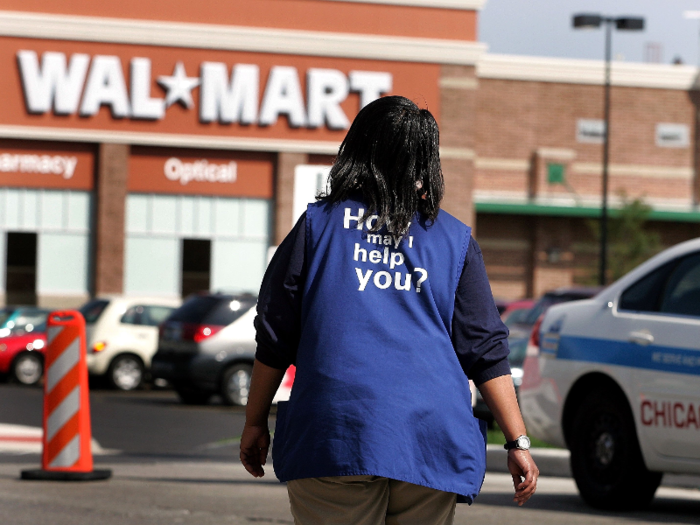
UBS analyst Daniel Ekstein: "It's hard to paint this as anything other than positive for shoppers (lower prices, better ranges, more flexible options) and the deal terms look attractive for shareholders too. The proposed merger is expected to generate net synergies of £500m/annum, after having made 'significant price investment' across the combined business (management references c.10% price cuts on KVI's).
"Food retail is a scale industry, where size drives efficiency across the value chain. Market share of the pro-forma combined entity would double to c.31%, leapfrogging current leader Tesco at c.28%. Purchase price alignment accounts for £350m of the total synergies, whilst Argos concessions in Asda underpin £75m and reduced opex a further £75m."
Bernstein: 'The price of bad execution is huge'
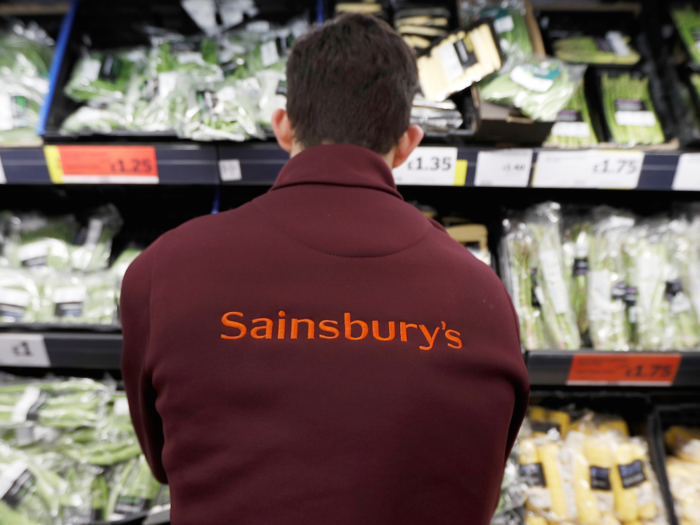
Bernstein's Bruno Monteyne and Brandon Fletcher: "There is lots of talk of the "CMA since Tesco/Booker" assuming that something changed in the way the CMA looks at such deals. We dispute that: the CMA took the only possible conclusion in line with its remit. Therefore local competition, within 10 to 15 minutes' drive time, remains the key driver of store disposals. We think the potential gamble will depend on how the CMA treats discounter stores. In the past they were largely excluded (as being too small and therefore not a comparable one-stop shop).
"57% of Asda stores have large SBRY store within 12.5 mins drive time, leading to ~15% of store disposals. If they can convince CMA to include discounters, then it could be ~8%. This is a bold gamble. This deal could easily unravel acrimoniously if the CMA sticks to its old rules and parameters. At 13% store disposals, the deal would stop being accretive.
"The price of bad execution is huge. Morrisons-Safeway lost 28% of their sales through a combination of store disposals (9%), integration problems and culture clash. Cultures and retail propositions at SBRY & Asda are very different and therefore the execution risk seems much higher than the smooth Ahold-Delhaize merger."
Barclays: 'It would hardly be surprising that Wal-Mart could be open to considering options for its UK business'
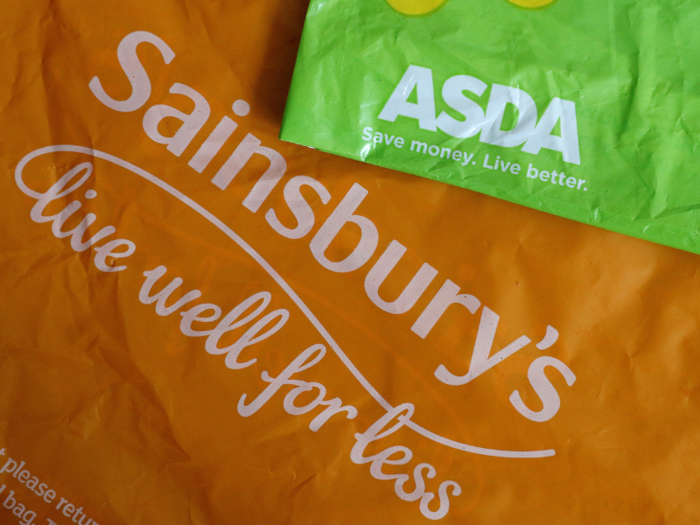
Barclays' James Anstead and Nicolas Champ: "Given ASDA’s weak sales performance – and difficult market positioning in a world where the discounters have successfully occupied the price end of the market – we think it would hardly be surprising that Wal-Mart could be open to considering options for its UK business. This might result in Wal-Mart being prepared to offer Sainsbury relatively attractive terms.
"We find it difficult to believe that there would not be significant store disposal remedies being forced upon a combined entity. This is because there are plenty of locations where ASDA and Sainsbury are the dominant local players and the authorities would likely be wary of allowing the creation of local monopolies."
Cavendish: 'What influence will Walmart have on the group?'
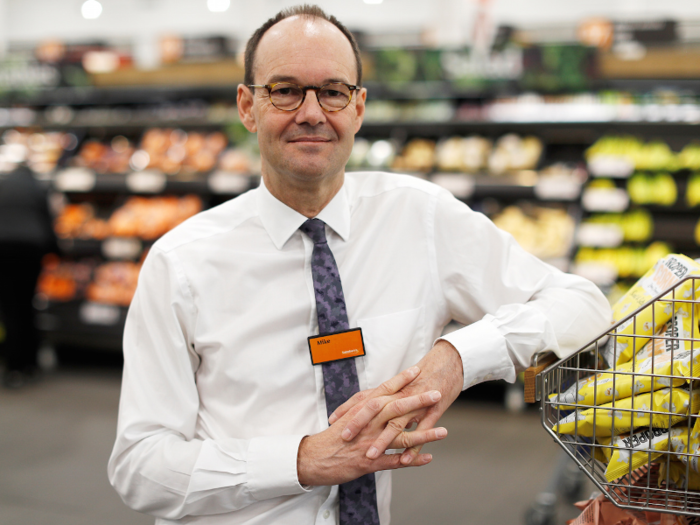
Paul Mumford at Cavendish: "It will now take a lot to get this through the hoop, and will likely involve regulators forcing Sainsburys and Asda to divest some the stores as there’s bound to be duplications. Store disposals could naturally be offered to others in the sector with M+S and Morrisons being the most likely tenants, but it's hardly the best climate to be a net seller of large retail space. There will, of course, be some management synergies too, so a proclamation of no job cuts will no doubt be reversed soon enough.
"This will obviously create a mighty force. But the big questions now are what influence will Walmart have on the group? And where does this leave other players? Sainsbury's already has a big challenge to show that the Argos acquisition is bearing fruit, and now it's faced with driving cost synergies from Asda. The indicated 10% lower prices on regularly bought products will have raised eyebrows amongst the food producers who will fear another squeeze on margins."
Euromonitor International: 'Very aware of a potential Amazon acquisition'
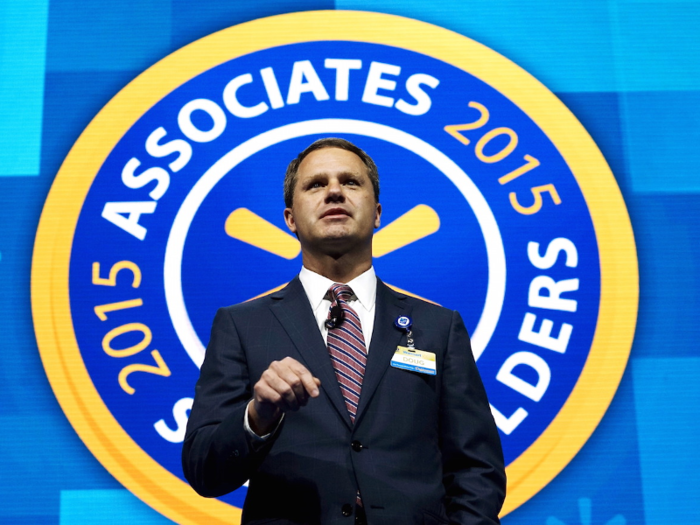
Euromonitor International's Philip Benton: "According to Euromonitor International, the merger of Sainsbury’s and Asda would give the companies a combined 24% value share of the grocery offline market dwarfing that of Tesco who currently lead with 22%.
"In terms of stores, the deal would make strategic sense with Asda traditionally having a strong presence in the North of England with Sainsbury’s dominating the South-East. It is likely that the Competitions Market Authority would force the combined company to sell off some stores to ensure the group doesn’t have a monopoly in certain town/cities – similar to what occurred when Morrisons bought Safeway in 2004.
"What is clear from the proposed deal is that Sainsbury’s and Asda are very aware of a potential Amazon acquisition in the UK supermarket industry which is why they are looking for scale in order to safeguard their future. They also concerned at being able to maintain price competitiveness with discounters Aldi and Lidl also continuing to eat at their market share. It would certainly be the biggest merger in UK retail history and be of grave concern to their number one rival Tesco."
Hargreaves Lansdown: 'The prospect of another price war'
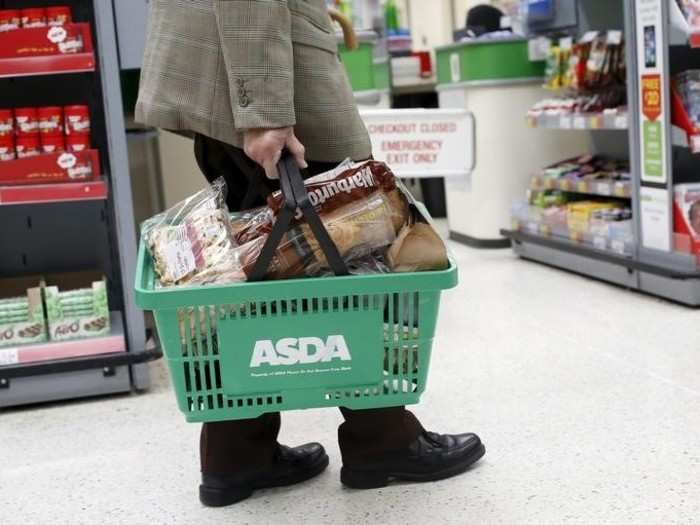
Hargreaves Lansdown's Laith Khalaf: "There are clear benefits from the two supermarkets joining forces, particularly when it comes to leveraging their combined buying power, which should result in both lower prices for customers and higher margins for the business. Sainsbury expects better buying terms to generate £350 million of efficiencies, while also lowering shop prices by 10% on some popular items.
"We expect the competition authority to take a localised approach to their assessment, as they did with the Tesco takeover of Booker, so store disposals could still be a feature of the merger. Although Sainsbury thinks they will be able to avoid any closures.
"If the deal goes through, the prospect of Sainsbury, Asda, and Argos working together, with Walmart chipping in too, is a pretty powerful combination. It would also be good for consumers, who can expect lower prices as a result. Meanwhile the executives of other supermarkets no doubt have their head in their hands at the prospect of another price war.’"
Popular Right Now
Popular Keywords
Advertisement